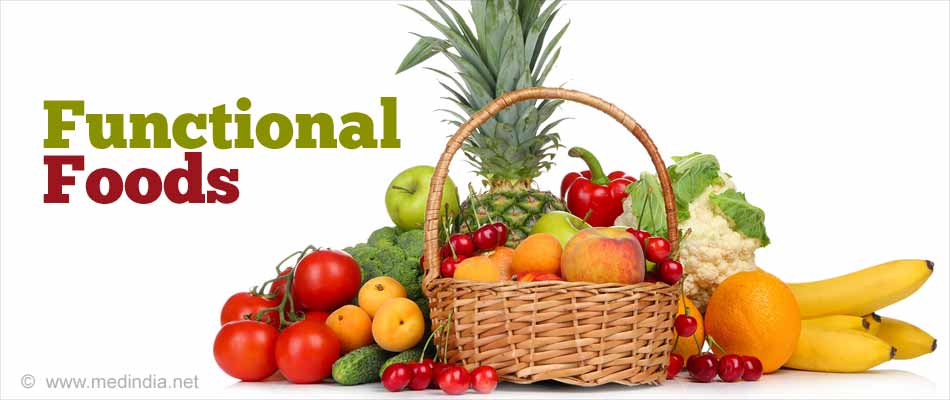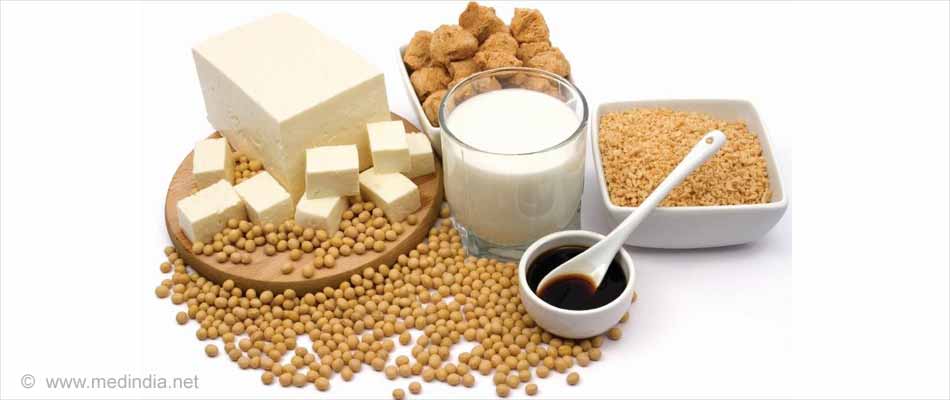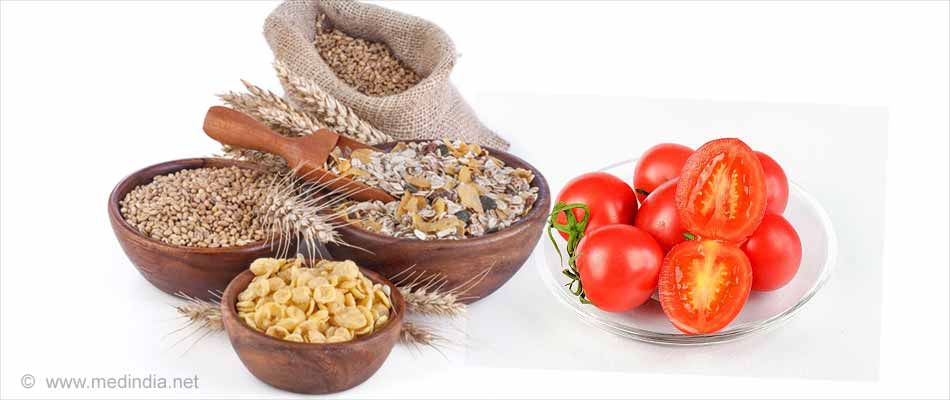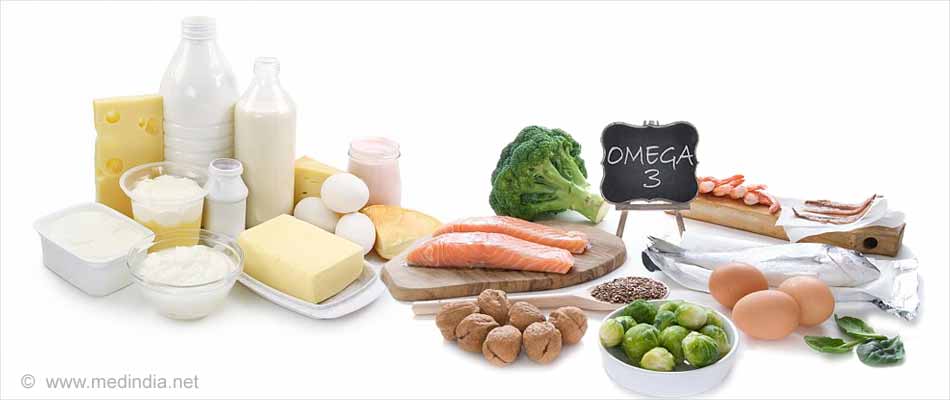- Functional foods - (http://www.nutrition.org.uk/nutritionscience/foodfacts/functional-foods?start=7)
- Textbook of Human Nutrition Third Edition by Mahtab S. Bamji
About
What are Functional Foods?
Functional foods are defined as foods that provide additional health-promoting and disease-preventing benefits beyond the basic function of supplying nutrients.
A functional food may be a traditional food which we consume as part of our usual diets; it is shown to have physiological benefits and reduce the risk of chronic disease, i.e. it contains bioactive compounds.

Bioactive compounds: These are the naturally found chemical compounds present in plant, animal and marine sources, which give desired health/wellness benefit (e.g. omega-3 fatty acids in flaxseeds and lycopene from tomatoes). The bioactive chemicals are also known as phytochemicals, widely present in plant-based diet. These bioactive compounds are present in cereals, fruits, vegetables, legumes, oilseeds, spices and herbs.
Functional foods & Nutraceuticals
The term "functional foods" is often substituted with "Nutraceuticals"
Nutraceuticals are "naturally derived bioactive compounds (isolated or purified from foods) and are generally sold as herbal products or in medicinal forms and have health promoting and disease preventing properties”
Functional foods are “foods which naturally contain a chemical compound (called bioactive compound) which gives that food health-promoting benefits beyond the well-established functions of nutrients contained in them”
List of Functional Foods:

- Oilseeds: Flaxseed oil
- Vegetables: Carrots, psyllium, green leafy vegetables, tomatoes, onion, garlic
- Fruits: Citrus fruits

- Dairy products: Yogurt other dairy products
- Beverages: Green tea
- Fishes: Tuna, Salmon, Mackerel

- Herbs & Spices: Turmeric, ginger, fenugreek
Classification of Functional Foods / Nutraceuticals
Basic Foods
- Tomatoes (having the natural level of the anti-oxidant lycopene)
- Processed foods - oat bran cereal (having the natural level of beta-glucan)

Fortified Foods
- Milk with Vitamin D
- Grains with added fiber
Enhanced Foods - to have more of a functional component (through traditional breeding, genetic engineering etc.)
- Dairy products with probiotics
- Eggs with omega-3 (by feeding modified diet to hens)

Isolated, purified preparations of active food ingredients (herbal products/dosage form)
- Curcumin from Turmeric
- Isoflavones from soy
- Omega-3 from fish oils
Health Benefits of Functional Foods
Health is considered as one of the main selection criteria of functional foods. Cancers, cardiovascular problems and diabetic complications have a direct correlation with dietary habits. Diet is also shown to play a key role in the prevention and management of other diseases like osteoporosis, obesity, immune responses as well as ageing.

 MEDINDIA
MEDINDIA
 Email
Email




